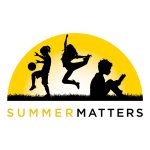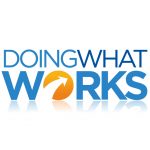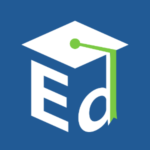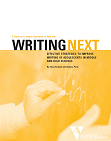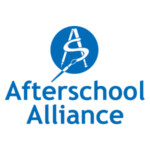Research
- General Research (47)
- High School Research (11)
Family Engagement on Education- Seven Principles for Success is a guidebook curated by the National Resource Center of Charter School
Guided by the belief that all children deserve the opportunity to live a fulfilling life, the Flamboyan Foundation works to ensure students most impacted by inequity are prepared to succeed in school and beyond.
Summer Matters Campaign has created tools and resources such as a summer learning timeline and how to implement the Continuous Quality Improvement process in your summer programming.
TASH is an international leader in disability advocacy for human rights and inclusion for people with significant disabilities and support needs. TASH works to advance inclusive communities through advocacy, research, professional development, policy and information and resources for parents, families and self-advocates.
Doing What Works helps educators understand and use research-based practices. This library includes interviews with researchers and educators, multimedia examples and sample materials from real schools and classrooms, and tools that can help educators take action.
The Georgetown University National Center for Cultural Competence (NCCC) provides national leadership and contributes to the body of knowledge on cultural and linguistic competency within systems and organizations. Major emphasis is placed on translating evidence into policy and practice for programs and personnel concerned with health and mental health care delivery, administration, education and advocacy.
LD OnLine seeks to help children and adults reach their full potential by providing accurate and up-to-date information and advice about learning disabilities and ADHD.
The United States Department of Education establishes policies on federal financial aid for education, and distribution and monitoring of those funds. In addition, the department collects data of America’s schools and disseminates research. The website contains information for educators, students, parents, and administrators.
This report offers a number of specific teaching techniques that research suggests will help 4th- to 12th-grade students in our nation’s schools. The report focuses on all students, not just those who display writing difficulties, although this latter group is deservedly the focus of much attention. The premise of this report is that all students need to become proficient and flexible writers. In this report, the term low-achieving writer is used to refer to students whose writing skills are not adequate to meet classroom demands. Some of these low-achieving writers have been identified as having learning disabilities; others are the “silent majority” who lack writing proficiency but do not receive additional help. As will be seen in this report, some studies investigate the effects of writing instruction on groups of students across the full range of ability, from more effective to less effective writers, while others focus specifically on individuals with low writing proficiency.
National Center for Public Policy and Higher Education (2003).
This project began with an enigma. In surveys, the parents of Hispanic high school seniors place enormous emphasis on higher education. By significantly higher percentages than the rest of the population, the parents of Hispanic high school seniors believe that a college education is an essential prerequisite for a good job and a comfortable middle-class lifestyle. However, this desire for higher education does not translate into reality. Compared to non-Hispanic whites or African-American students, Hispanic students are much less likely to obtain higher education degrees. There is clearly a gap, in other words, between what Hispanic parents say they want for their children, and the paths those children actually follow.
Southwest Educational Development Laboratory (2004).
Mike Schmoker offers practical advice for school improvement, presenting changes that are not costly or disruptive to high schools. The second article in this issue takes us to Irving, Texas, where Irving ISD has established successful smaller learning communities that are making a difference for students in this largely working-class community. Irving’s SLC program has a strong vocational component, which is also present at another school visited—Garza Independence High School in Austin, Texas. Garza is an alternative high school that is not a holding tank for troublemakers, as is often the perception for alternative schools. It is a school that accommodates individual differences and learning styles, a school where most of its graduates go on to college.
Not only are middle and high school-aged youth difficult to engage in after school activities, but they are more likely to have unique demands on their time in the hours after school. This issue brief highlights the challenges providers face in serving older youth and the innovative strategies that programs have used to recruit and retain older youth in after school.


